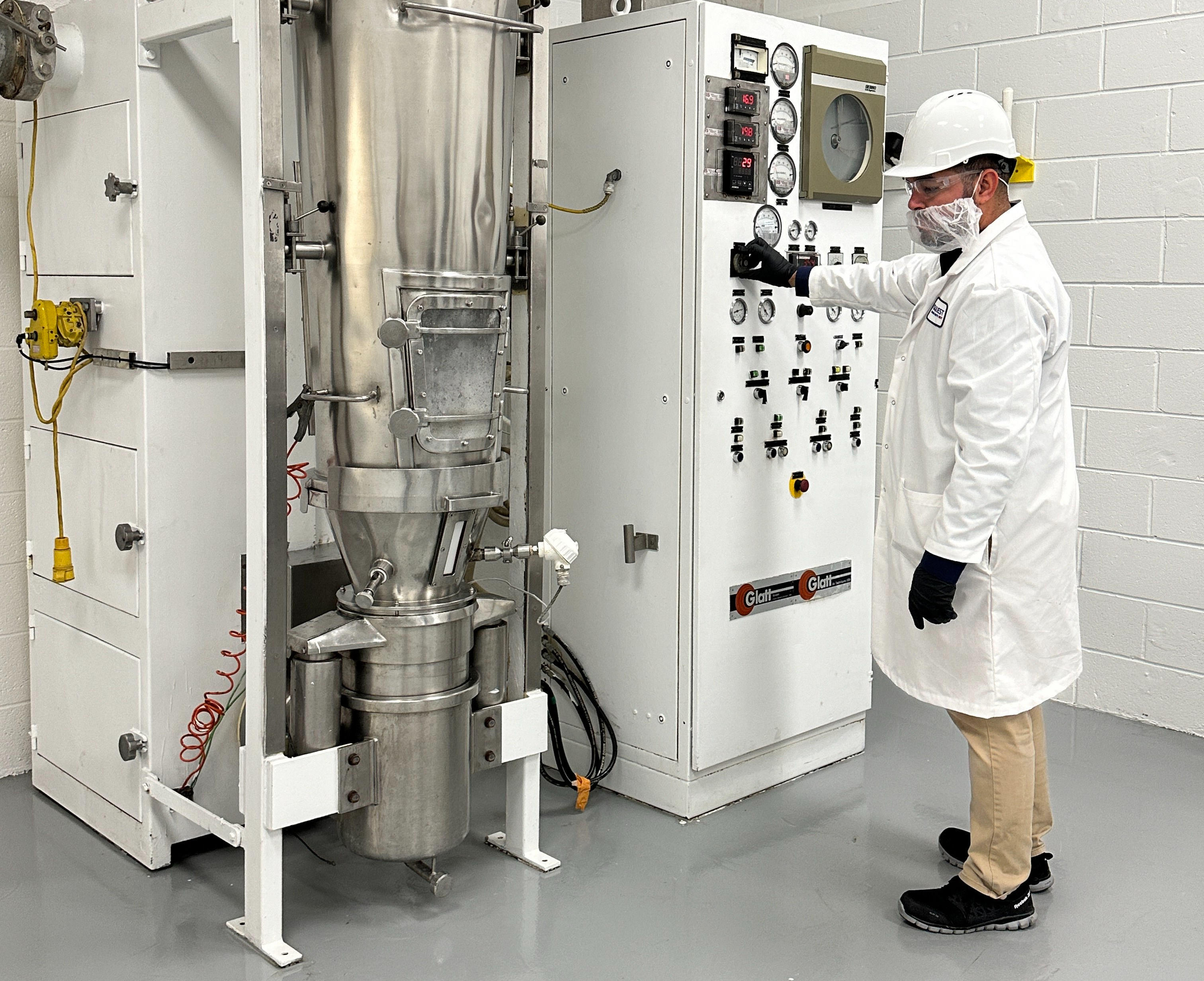The study included 2,987 Norwegian men and women aged 46-49 years for 11 years, from 1997-1999 through 2009. Baseline diet was assessed by a past-year food frequency questionnaire. There were 112 incident CHD cases documented, according to a press release from NattoPharma, makers of the K2 ingredient MenaQ7. In the adjusted analyses , there was no association between intake of vitamin K1 and CHD (p=0.64), while there was a lower risk of CHD associated with higher intake of energy-adjusted K2 (p=0.03).
Related: Study Links Vitamin K2 to Cardiovascular Health Keys to a Healthy Heart Study: Vitamin K Safe, Cost-Effective Treatment for Vascular Micro-Calcification
Dr. Hogne Vik, Chief Medical Officer at NattoPharma, said in the release: “NattoPharma has driven the research confirming vitamin K2’s important health benefits, showing in human studies with healthy and patient participants that the progression of hardening of the arteries can be halted and even regressed with daily supplementation of MenaQ7 Vitamin K2. The common link is calcification and the need for adequate vitamin K2 intakes to inhibit this in our circulatory system and tissues. Due to its very molecular structure, vitamin K2 can move beyond the liver to support other systems of the body, such as the bones and vasculature, where K1 cannot. There remains a great deal of confusion that K1 supports both bone and heart health, and this paper helps to identify the difference between the two in that K1 is not linked to cardiovascular health, whereas K2 is linked to both.”The researchers noted that further research is warranted, given the limited number of epidemiological studies and the fact that dietary vitamin K sources and content differ between countries.










